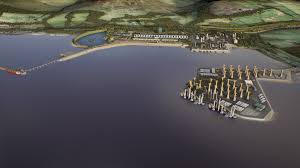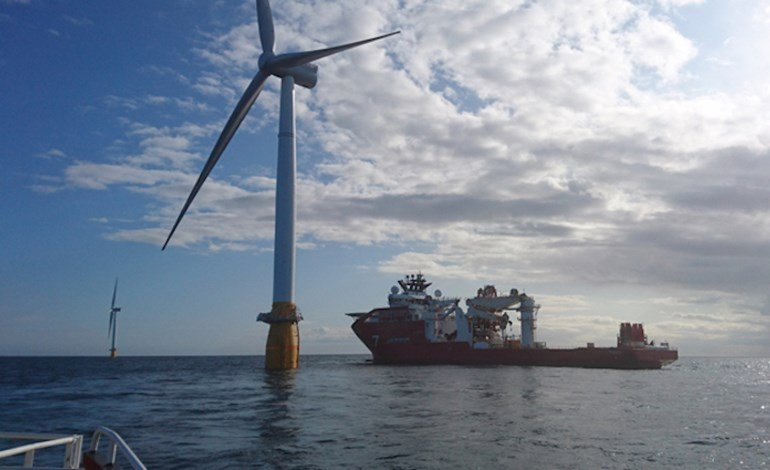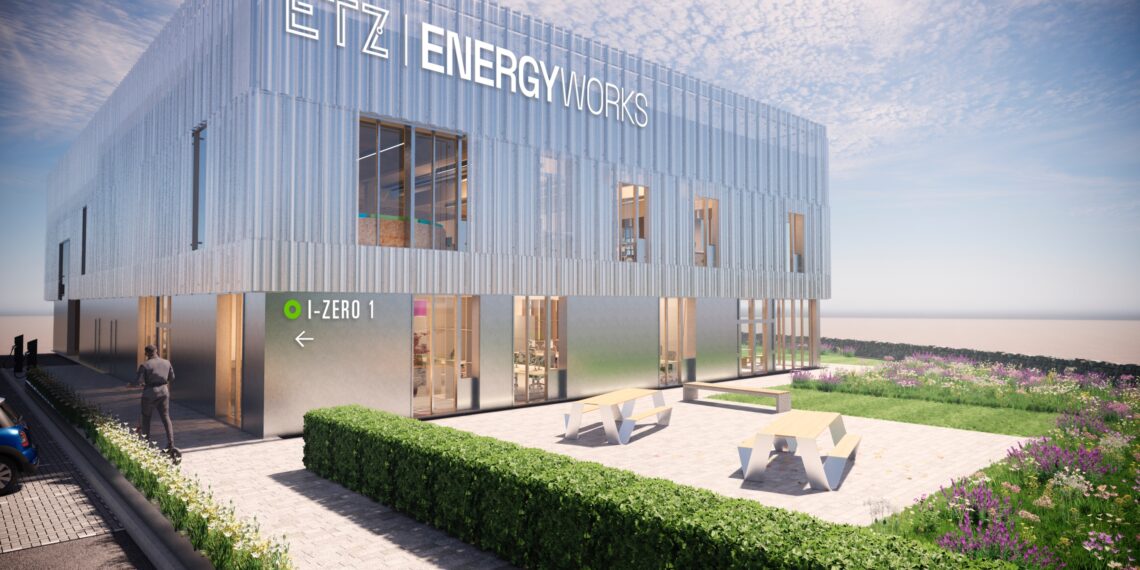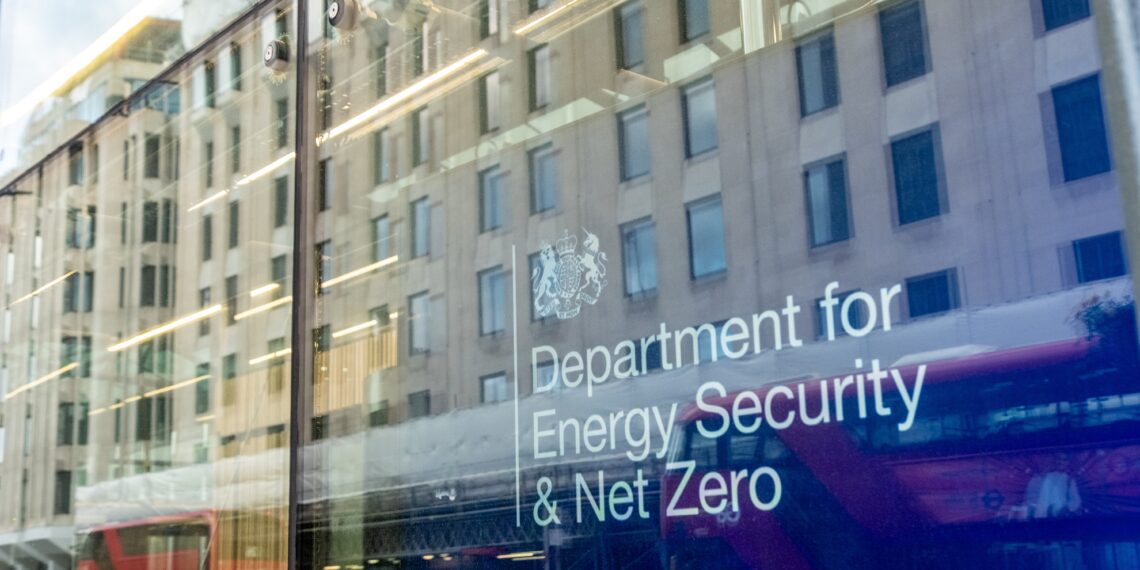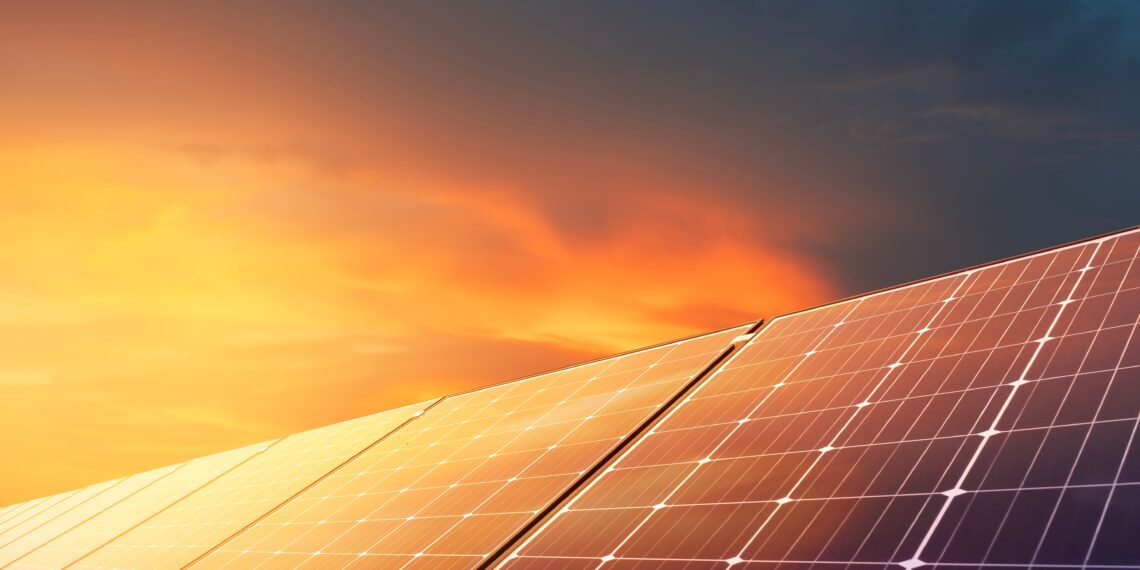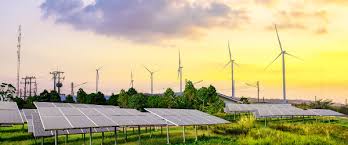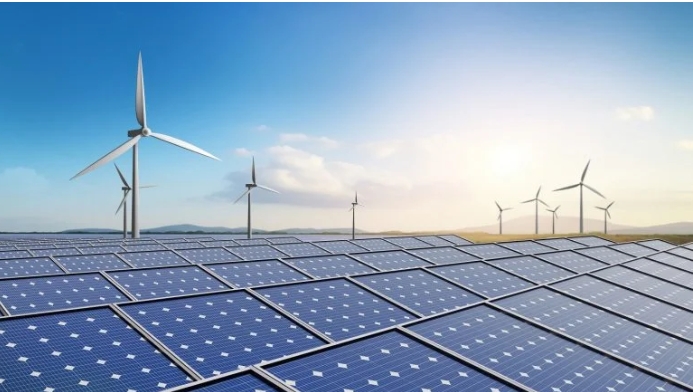Prime Minister Narendra Modi on Sunday announced that India has already installed 100 GW of renewable energy, adding that India is the only country among G20 nations that is progressing rapidly to meet its climate goals.
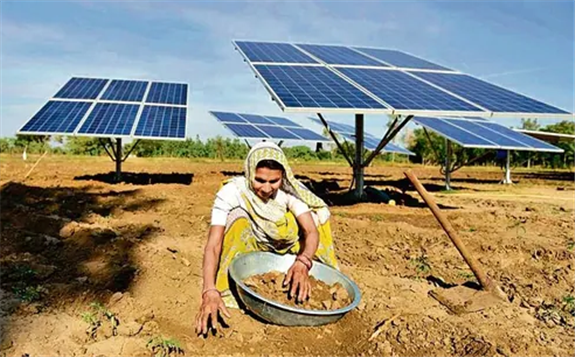 A farmer works near solar panels installed in the field to help pump water for irrigation purposes, in Gujarat’s Dhundi. (AFP)
A farmer works near solar panels installed in the field to help pump water for irrigation purposes, in Gujarat’s Dhundi. (AFP)
India has a target of achieving 40% of electric power installed capacity from non-fossil fuel sources by 2030 in its nationally determined contribution under the Paris Agreement. One of the means to achieve the target is installing 175 GW of renewable energy by 2022.
“Today, India is the only country in the group of G20 countries, which is moving fast towards achieving its climate goals. India has set a target of 450 GW of renewable energy by the end of this decade - 450 GW by 2030. Of this, the target of 100 GW has been achieved by India ahead of schedule,” Modi said.
Under the Paris Agreement, India has three quantifiable nationally determined contributions (NDCs), which include lowering the emissions intensity of its GDP by 33-35% compared to 2005 levels by 2030; increase total cumulative electricity generation from fossil free energy sources to 40% by 2030; create additional carbon sink of 2.5 to 3 billion tons through additional forest and tree cover.
In its Biennial Update Report to the United Nations Framework Convention on Climate Change (UNFCCC) submitted in February, India said it has progressively continued decoupling of economic growth from greenhouse gas emissions. India’s emission intensity of gross domestic product (GDP) has reduced by 24% between 2005 and 2016. India is therefore on track to meet its voluntary declaration to reduce the emission intensity of GDP by 20-25% from 2005 levels by 2020.
“India’s annual renewable energy addition has been exceeding that of coal based thermal power since 2017 and in the last six years, India’s installed renewable energy capacity has increased by two and half times and the solar energy capacity has increased by 13 times. We are likely to achieve our second NDC well ahead of schedule,” said an environment ministry official.
The ministry of new and renewable energy announced on Thursday that the total installed renewable energy capacity in India, excluding large hydro, has crossed the milestone of 100 GW. “Another landmark day in the history of the Indian Power Sector. Our installed Renewable Energy capacity (excluding large Hydro) has crossed 1,00,000 megawatts. Under the visionary leadership of PM @narendramodi ji, we shall continue to be global leaders in Energy Transition,” power minister RK Singh tweeted on Thursday.
During his speech PM Modi said Railways already has a target of becoming a net-zero emission sector by 2030. “We are giving equal emphasis to environmental security as to national security...,” PM Modi said. “We should realise that India is not energy independent. It spends over ₹12 lakh crores on importing energy. As we celebrate 75 years of Independence, we have to ensure that India becomes Atmanirbhar Bharat in energy production too.”
PM Modi said green hydrogen production and exports will lead India towards a clean energy transition. “Green Hydrogen is the future of the world. Today, I announce the setting up of the National Hydrogen Mission. We have to make India a global Hub for green hydrogen production and export…this will not only help India to make a new progress in the field of energy self-reliance but will also become a new inspiration for clean energy transition all over the world. New opportunities from green growth to green Jobs are opening up today for our start-ups and youth,” he added.
